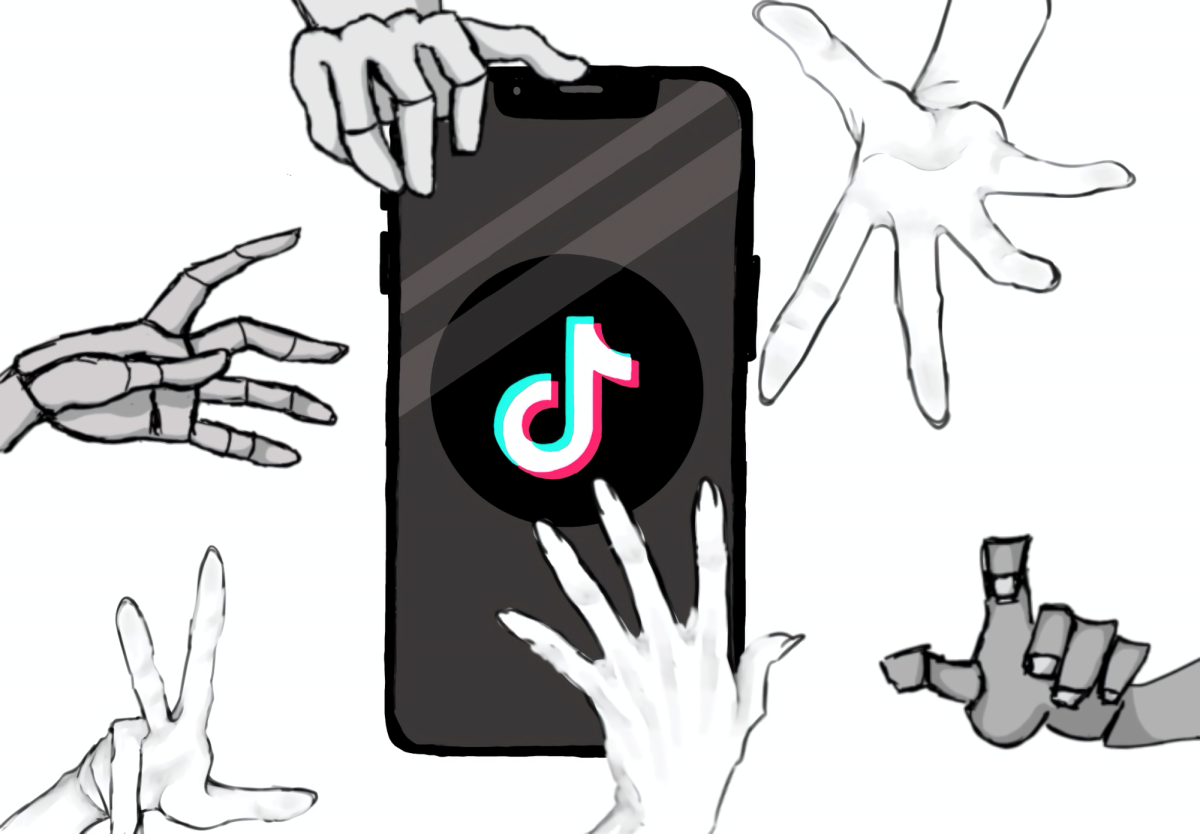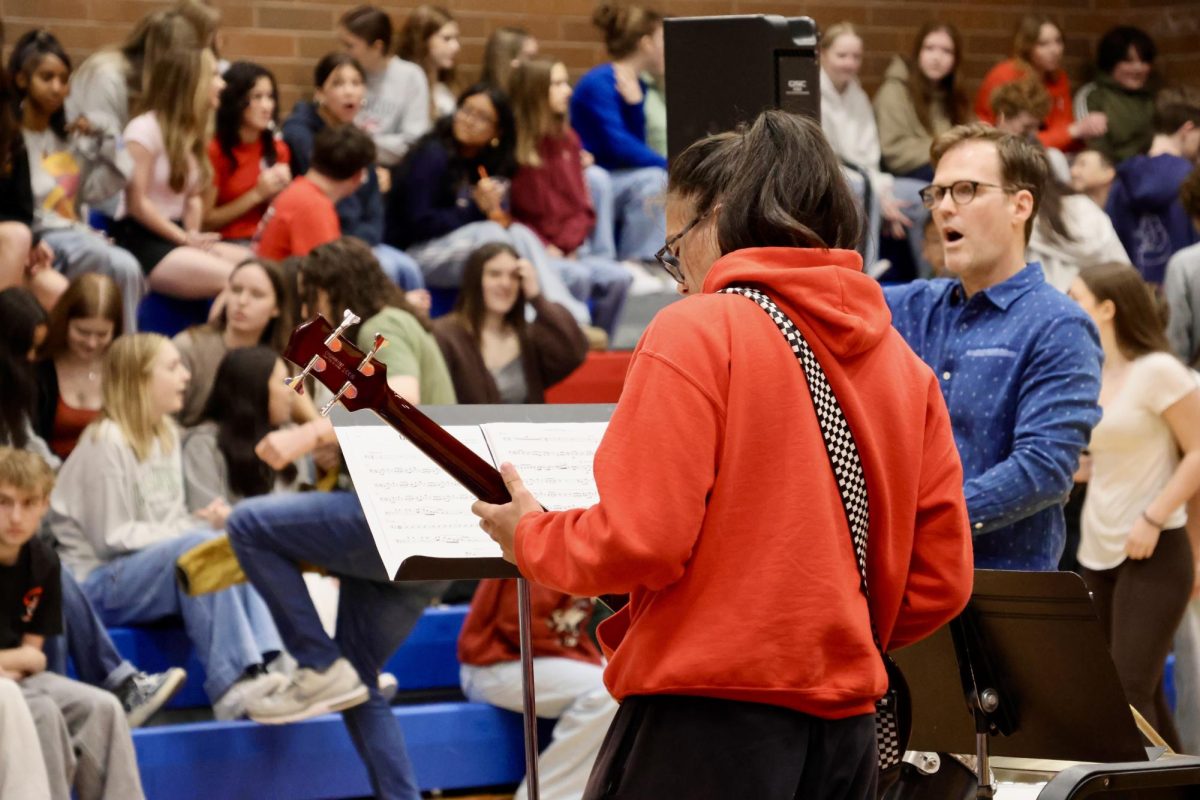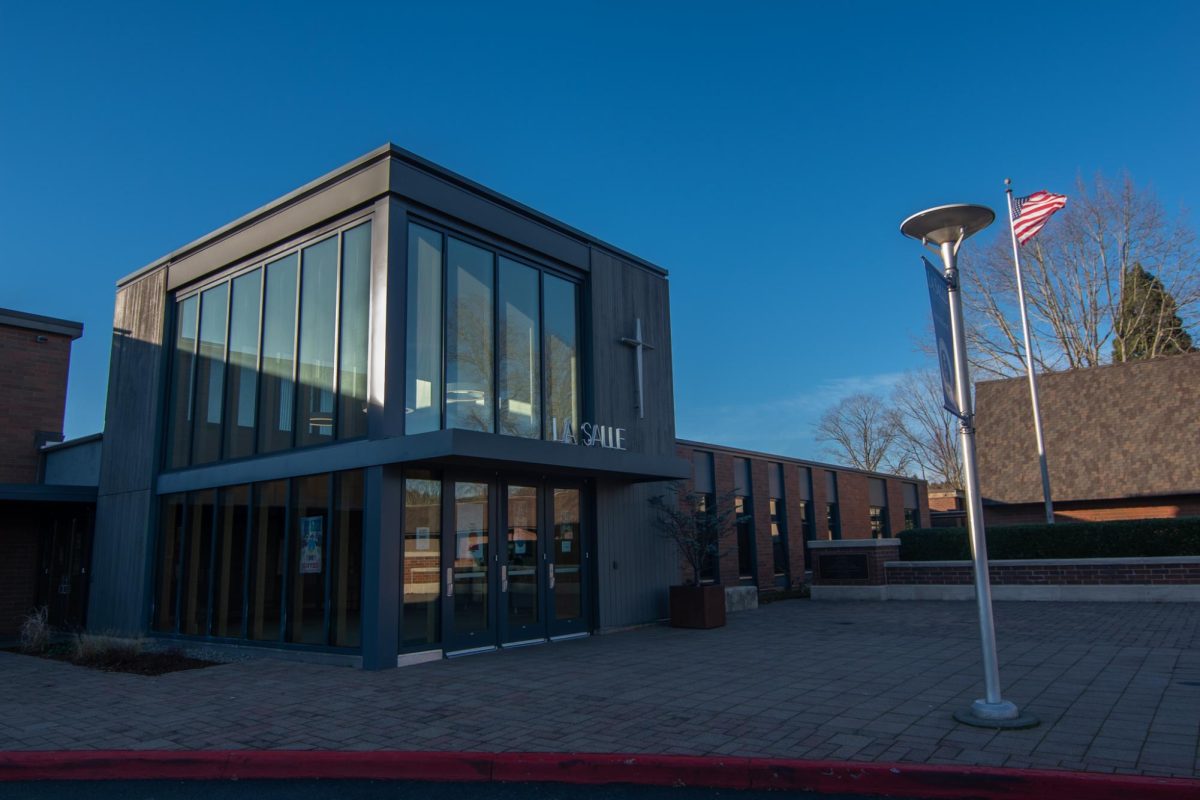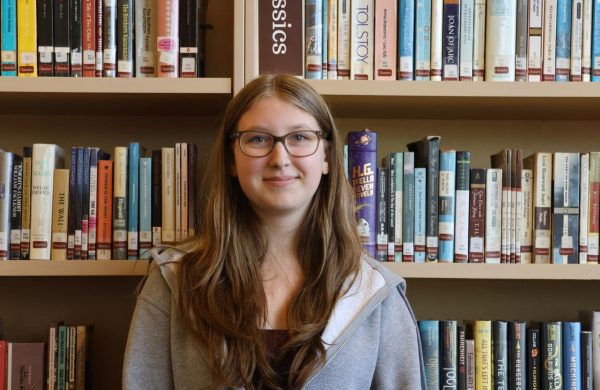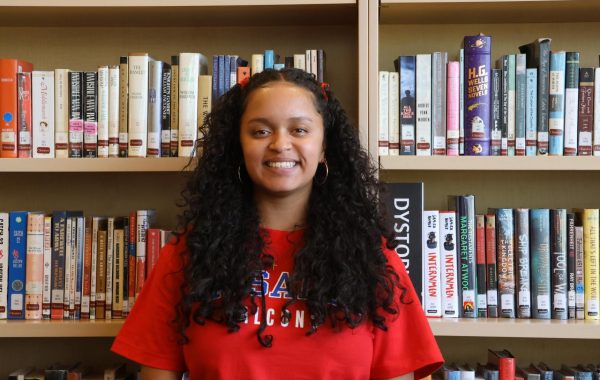For most students at La Salle, TikTok, a social media app released by ByteDance in 2016, is the first thing their fingers gravitate towards when they open up their phones.
Easy-to-access and highly-popular, TikTok has had a ban looming on the horizon since earlier this year, but recently, these threats have started to gain traction.
Nidal Kahl, a sophomore, has been using TikTok for entertainment since approximately December of fifth grade. He is not feeling too great about the proposed TikTok ban, as he usually watches TikTok routinely.
“I use it at least an hour every day,” he said, and if it were to be banned, “I [would] definitely have to fill my time up more.”
According to Gallup, more than half of U.S. teens spend at least four hours on social media each day.
Though Kahl feels he would be disappointed if TikTok were to be banned, he also sees the benefits that could result from it. “I would probably spend more time with family,” he said. Similarly to other people, he thinks that a new app would come into play if TikTok were to be banned, bringing up the fact that Instagram has already become increasingly popular.
Senior Mercedes Rodriguez doesn’t see the need for a ban. Though she doesn’t have TikTok, she has friends that do.
“I know they want to ban it,” she said. “But I feel like they shouldn’t because a lot of people use it to communicate or stay aware of what’s going on in the world.”
Freshman Hyab Sibhatleab shared a similar sentiment.
“There’s some people that I talk to through Tiktok that I [can’t] see every day, so [I’d] feel disconnected with those people,” she said. “There’s some people that you [can] only talk to online.”
For her and for many others, TikTok is the main platform used to keep in touch with people they otherwise wouldn’t be able to.
Rodriguez’s friends, who have had the platform since middle school, show her videos on TikTok too. Because of this, she feels that she would be affected by a ban, since they wouldn’t be able to do that anymore.
“Pros would be that you can communicate with other people and watch your friends with you,” Rodriguez said. “But I feel like some cons are that you get really distracted.”
Rodriguez thinks the ban would affect her friends.
“I feel like they would feel like they don’t have a way of staying informed,” she said, as while “you can watch the news and stuff, I feel like TikTok shows you what other people of your age are doing.”
Sibhatleab has had TikTok for three years, beginning in seventh grade. Nowadays, she claims to be on it 24/7, mainly watching its stream of attention-grabbing videos and interacting with friends. When made aware of the ban, she became distressed.
“Absolutely not,” she said. “I don’t see any reason that it should be banned.”
She thinks that most other teenagers would agree with her and be disappointed, or even go against it, if the ban were to be put into effect. Research says 61% of TikTok users are more likely to oppose than support a ban, while 29% are unsure.
On the contrary, if TikTok didn’t get banned, Sibhatleab believes there wouldn’t be any problem.
Though she doesn’t support it, Sibhatleab does acknowledge improvements a ban could have in her everyday life.
“I feel like [people] wouldn’t be on their phones as much and they would actually interact with the people around them,” she said.
Sibhatleab finds people’s usage of TikTok to be an issue, as she thinks they’re using it too much, and that’s causing harm to their relationships. She spoke about what has now become an extremely common occurrence in most teens’ — and adults’ — lives. “You’re just hanging out with your friends, and all of a sudden all of them go on their phones, just to scroll on Tiktok,” she said. “That’s kind of disrespectful.”
Junior Kat Marks, who has been using TikTok for five years, believes that behavior is part of a systemic problem.
“I think people being so reliant on their phones is stemming from a much broader and underlying issue of how our entire society is built,” she said. “It’s not just kids, it’s adults and parents and teachers as well.”
She thinks the way TikTok has been built is a large factor in people’s dependence on their phones.
“[It’s] evolved so you can shop on it, and it’s way more localized,” she said. “And I don’t know if a lot of other apps have that sort of sophistication built in.”
This is also why she thinks it would be difficult, and a little bit frustrating, if TikTok were to get banned, though, she feels society would be able to bounce back rather quickly.
“I think people would just migrate,” she said. “After a couple of months, [it would] level itself back out.”
Her preferred replacement app would be Instagram, but it still would not live up to the standard TikTok has set.
Vice Principal for Academics Ms. Kathleen Coughran does not have TikTok. Because of this, she says the ban wouldn’t affect her very much, but she does know most teenagers at La Salle would be impacted by the ban due to how much they use the app.
Though Ms. Coughran doesn’t have TikTok, she thinks that it could be used both positively and negatively.
“Instead of making a podcast, someone in our class made a show, and they did it on TikTok, so they turned in that as an assignment,” she said. “So TikTok could be used for educational purposes, but also used for consumption and entertainment.”
If TikTok were to be banned, Ms. Coughran, like many others, thinks that a similar platform would spring up to take its place. However, if TikTok remains available, she thinks people would keep using it while hopefully keeping in mind the reasons as to why it would be banned in the first place.
Dean of Students Ms. Kenzie D’Ambrosio has been using TikTok for two years.
“It’s where I get all of my book and podcast recommendations and a lot of really good recipes,” she said.
If it got banned, she said, “there’s probably some part of it that would be good and healthy, but there’s a lot of things on there that have been really beneficial and that I enjoy.”
According to Brown University School of Public Health, TikTok, like other social media platforms, can be extremely addictive, and a lot of staff and students feel that the ban would remove that reliance on our phones. However, Depression and Bipolar Support Alliance explains that TikTok offers a community for young people, meaning a ban would also eliminate an app that helps improve their lives.
“The reality is… I’ll still be able to get information and get what I need,” Ms. D’Ambrosio said, though “there’s a lot of creators, and people on there… that’s how they make their living.”
Marks said she uses TikTok every day and every time she opens her phone. She uses it to find new things through the app’s multitude of personalized recommendations, such as how-to videos, or simply to search for content when Google isn’t coming up with adequate results.
Marks said she does not like the phone policy that encourages a lack of phones in La Salle hallways, and while she doesn’t mind the school’s phone catties, Marks believes them to be ineffective.
“There is a systemic issue in the way that people interact with devices and the way that manufacturers design devices to be interacted with,” she said. “That needs to be fixed before we can just start adding new policies and hope that that will solve the problem.”
Ms. D’Ambrosio believes that because of students’ access to iPads, the phone policy is not as effective as it should or could be, but still considers it to be useful, helpful, and overall a good policy.
“For the most part, students are used to it,” she said. “A lot of the feedback that I’ve gotten from students is that they actually really like it.”
Ms. D’Ambrosio thinks the problem with social media lies in people’s excessive usage of it.
“Moderation is important, and I think with social media, moderation is really, really hard,” she said.
She knows that it is easy to fall victim to the slew of entertainment social media is constantly feeding people, and in turn not disengaging with phones to spend time doing other things.
“And that’s not just necessarily studying or doing schoolwork,” she said. “It’s connecting in person, and reading a book, or going for a walk, or doing something that is probably a healthier way to spend your time.”
TikTok is a part of many people’s lives, and the fifth most used social media platform according to the Pew Research Center. “It’s here, so trying to completely make it go away is not realistic,” she said, adding that people should learn how to use it in a healthy way instead.



